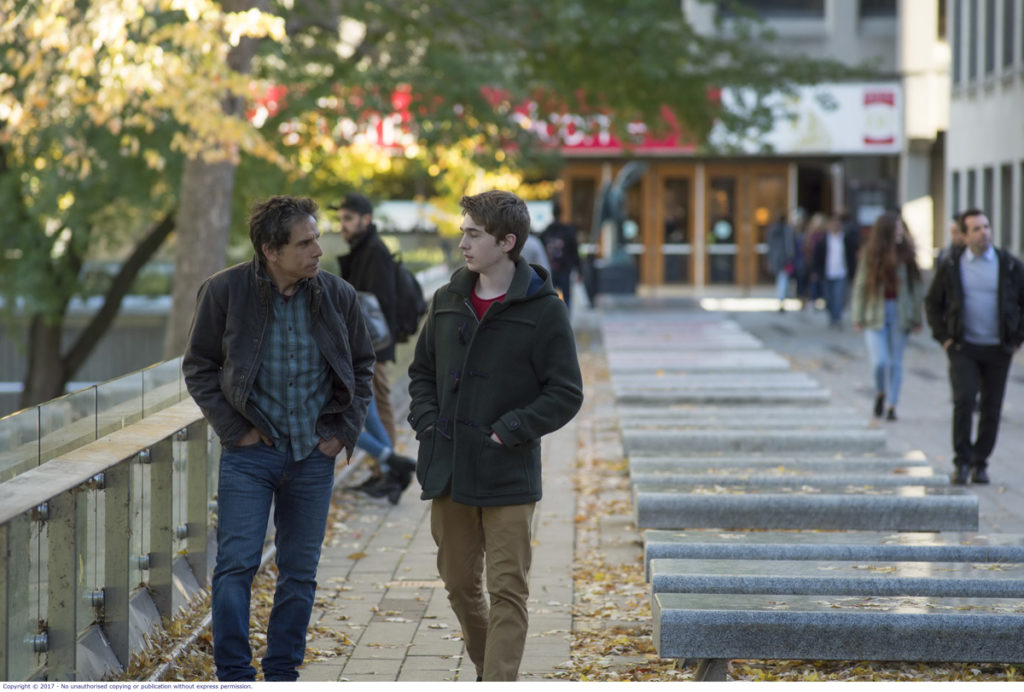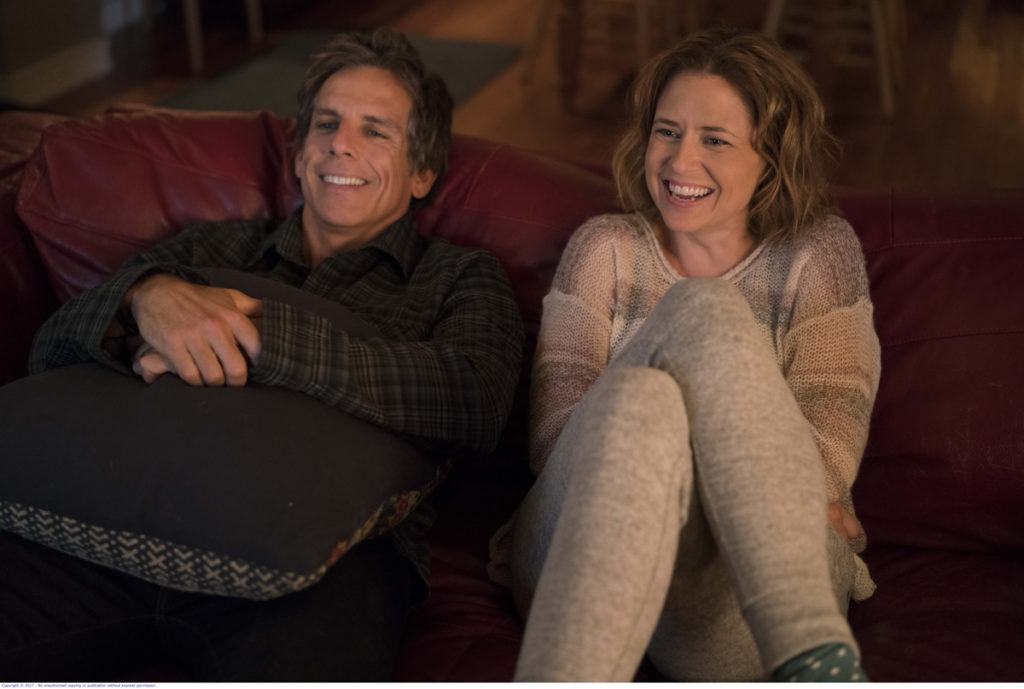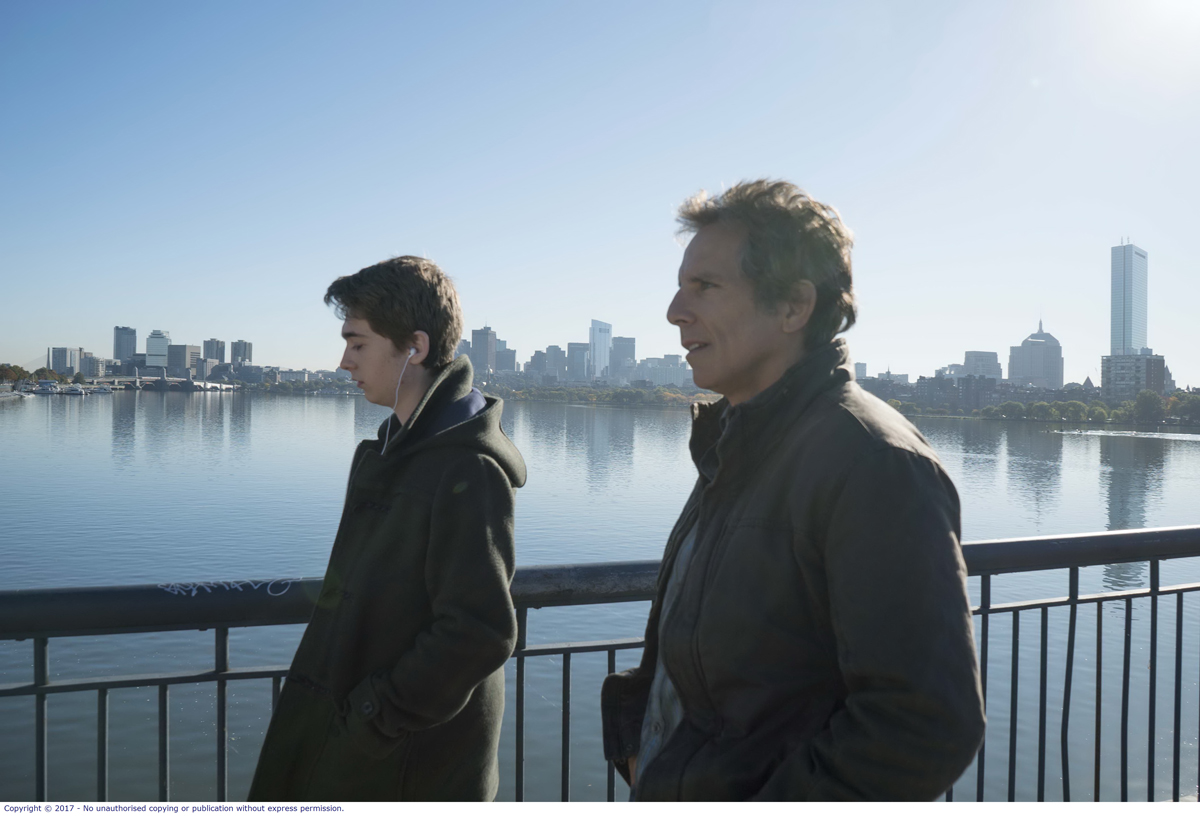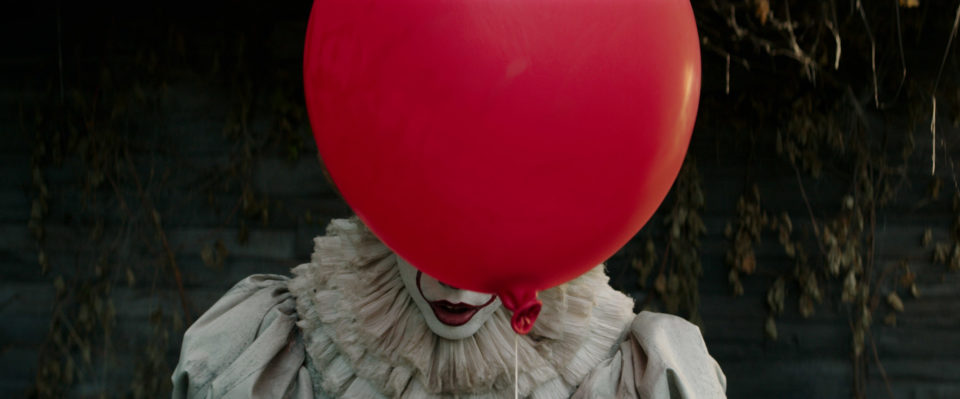“Are there any good schools over there?” asked Gina, wafting her diamond-ringed fingers in the air, as if the other side of Melbourne’s Westgate Bridge was a universe far far away.
And it was. It was a place we could almost afford a tiny weatherboard house. Unlike Gina we had no double-story eastern suburbs mansion, no holiday house on the coast, no property at all, not even a tiny investment portfolio. Our son Gabe had learnt to walk in a cramped rented flat down the street from Gina, and he was the only kid in playgroup without a designer pram. His father David and I felt these discrepancies deeply, though we tried not to care, focusing instead on our son’s toddling brilliance. “Not that walking early means anything about intelligence,” we reminded ourselves.
The question of schools always seemed so poisonous to us, a naked attack on our ability to provide for our child; a reminder we did not live in the egalitarian Australia we wanted to believe in.
Neither of us went to prestigious private schools. David grew up in New Zealand in the 60s and 70s where public schooling was a fine option for the son of a Physics professor. I was coddled in tiny church schools where the fear of Satan was more pressing than university entrance scores. But now we had to face a different and more brutal world where the choice of schools seemed to mean so much.
So I laughed a lot, and cringed in equal measure, as I watched Ben Stiller’s anxious parenting in Brad’s Status, a comic drama about a middle-class father who takes his teenaged son on a tour of East Coast colleges. “These are competitive schools. Just try not to put too much pressure on yourself,” Brad (Stiller) reassures his son Troy (Austin Abrams). “My counselor thinks I’ll get into pretty much anywhere I apply,” replies Troy mildly. He’s a quiet boy, sensitive and musical, and prone to blushing when his father embarrasses him, which is often.
“My kid’s going to Harvard!” exults Brad, loud enough for the entire café to hear, his pride breaking through because after all, this is about Brad’s own fraught social status as much as it is about concerns for his son’s future.
Preparing for the tour, Brad reminisces about his own college days and frets that all his old mates are now vastly more successful than him. He agonizes over their Instagram feeds where their glossy images appear in stark contrast to his own modestly affluent suburban existence.

Ben Stiller and Austin Abrams in ‘Brad’s Status’
In a comic montage of photos and video clips we’re introduced to Nick (Mike White) whose palatial house is featured in an architectural magazine; Craig (Michael Sheen) who works for the White House and is a television celebrity; Billy (Jemaine Clement) who sold his tech company at the age of 40 and now lives in Hawaii with two bikini-clad babes; and hedge fund owner Jason (Luke Wilson), who travels with his blonde wife and children in a private jet.
Unable to compete, Brad concentrates all his efforts on ensuring his one and only precious child will get into the best college possible, even if he has to humiliate himself by calling in favours with these influential friends.
How familiar this all was. David and I couldn’t afford private schools for our son, not if we wanted a house too, and maybe the odd family holiday. Anyway, we believed passionately in supporting the public system. “Yes, public can be okay, at least for primary school,” admitted Sally, another playgroup Mum in one of these interminable conversations we’d have about education for our children. “But is there a lot of… disadvantage… in the West? Might Gabe be neglected in a class full of kids who need extra help?”
“His father’s a scientist. I’m a writer. We might have to help him with his homework,” I replied tersely, wishing I could summons the details of those studies that regularly show kids do just as well in private and public schools.
“Comparison is the thief of joy,” as Theodore Roosevelt famously observed. Yet it’s difficult to avoid comparison in a world where social media allows for the presentation of perfectly curated and filtered lives.
Avoiding comparison is almost impossible when you’re raising children. Here they are, your most precious people, your biggest investments by any measure, and yet from the moment they’re born, they’re measured, weighed, tested and placed on a bell curve that ranges from disadvantaged to gifted. It’s hard to maintain perspective and to keep your own ego and fears in check.
“Be happy, be present. I love you!” chirps Brad’s cheery and sane wife Melanie (Jenna Fischer) as she drops him and Troy off at the airport for their trip. Easier said than done. Mindful living and mindful parenting are only ever temporarily achieved.
Brad’s Status is a terrible title for a film, and yet it’s perfect in its awkwardness, suggesting the bald updates of Facebook feeds with their shameless bids for ‘likes’.

Ben Stiller and Jen Fischer in ‘Brad’s Status’
The film is written and directed by Mike White, who previously wrote the thoughtful and funny screenplays for School of Rock (2003), The Good Girl (2002) and Beatriz at Dinner (2017). White is also the creator of the highly original and critically acclaimed HBO TV series Enlightened (2011 – 2013), starring Laura Dern as a self-absorbed office worker who creates havoc after experiencing a spiritual ‘awakening’. Enlightened was funny, sometimes excruciating in the humiliations and hubris it depicted, but also ultimately compassionate, wise and warm. These rare (for Hollywood) qualities are evident again in Brad’s Status.
There’s no other actor as skilled as Ben Stiller at depicting the thrusting vanity and painful insecurity of the American everyman, from Meet the Fockers (2004) through to The Secret Life of Walter Mitty (2013) and While We’re Young (2014). He’s perfectly cast as Brad, a small man trying to be cool in his son’s eyes and in the eyes of the larger world.
He’s constantly rebuffed and refused when he requests an airline upgrade, asks a better table in a restaurant, or tries to impress Troy’s pretty female friends. It’s easy to laugh at him, but also easy to see yourself, perhaps a little more subtle, perhaps a little less shameless, but still tortured from time to time by insecurities and the desire for more success, more status, more respect.
“He’s happy, he’s fine,” we say breezily when people ask how Gabe’s going at the knockabout public high school he now attends in the inner West. So far it’s true, though we know how quickly these things can change. We try not pore over his school reports looking for his father’s brilliance in maths and science; try not to act too enthusiastic when his friendship group includes kids of many colours and sexual orientations. We try not to praise too much, or worry too much.
But this too is a pose we adopt, hoping to be seen as cool free-range parents who trust their kid to the universe – unlike those appalling helicopter parents we abhor. Unlike Brad.
In the final touching scene of Brad’s Status, Troy gives his dad some genuine wisdom: “Everybody’s just thinking about themselves. The only person who’s thinking about you is me.”
“And what do you think about me?” asks Brad, neediness in his voice.
“I love you,” says Troy. And you can almost hear his internal monologue adding: “But you’re a dick.”





